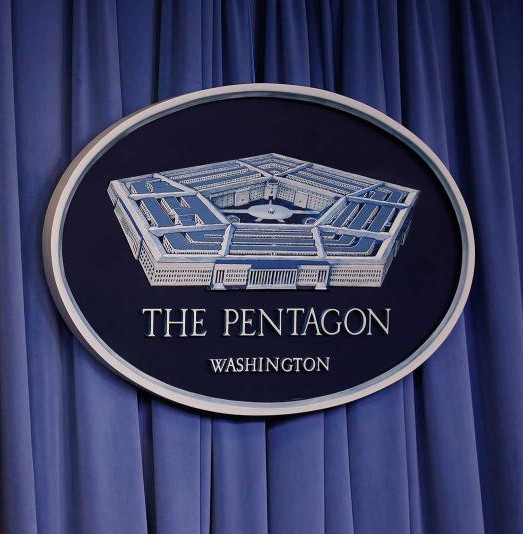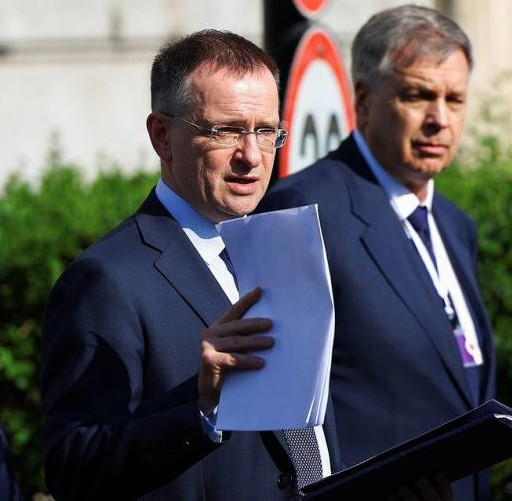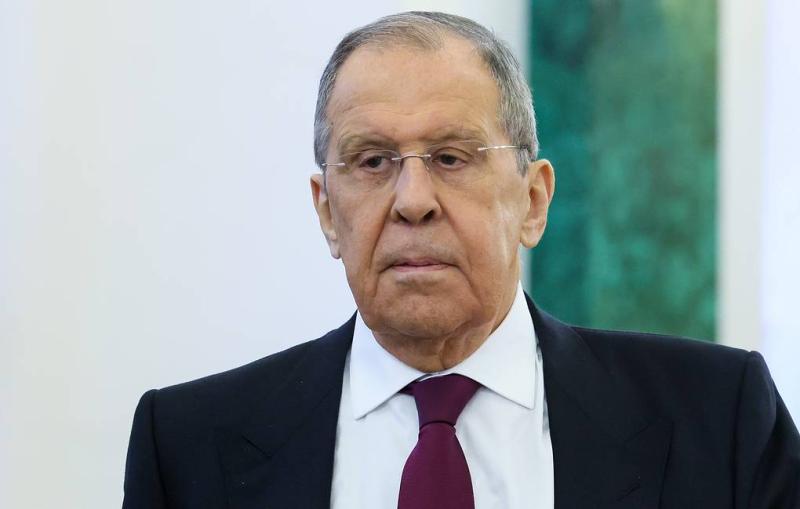Moscow will continue to insist on addressing the root causes of the Ukraine conflict at a new round of talks with Kiev, which will be announced in the near future, Russian Foreign Minister Sergey Lavrov said at the international meeting of high representatives in charge of security issues.
TASS has compiled the main statements by the Russian foreign minister.
New round of Russia-Ukraine talks
The next round of negotiations between Russia and Ukraine will be announced in the near term.
To effectively resolve the crisis, it is vital to eliminate its underlying causes, Lavrov said. "Negotiations are better than war. However, to achieve a lasting result — and we are firmly convinced of this — the core causes of the conflict must be addressed."
The Ukraine conflict was "sparked by NATO’s long-standing aggressive eastward expansion, carried out despite repeated assurances from both the Americans and Europeans, initially to the Soviet leadership and later to Russia," the Russian foreign minister stated.
He emphasized that Ukraine's neutral, non-aligned, and nuclear-free status remains one of Russia’s "essential demands, which must be part of any settlement, as laid out during the April 2022 Istanbul talks."
At the resumed negotiations in Istanbul on May 16, Moscow again demanded that "all those discriminatory laws be repealed," Lavrov said. "We will maintain this position at the upcoming round of direct talks," he added.
West's position
Russia views "as totally unacceptable the West’s focus on the principle of territorial integrity" while disregarding the principle of peoples’ right to self-determination in the Ukraine conflict, Lavrov stated.
According to Lavrov, the West has failed to uphold human rights throughout the conflict. On the contrary, it openly promotes increased support for Ukraine, claiming that it "protects European values." "This is what those values boil down to — the erasure of national identities, especially that of Russians and Russian-speaking population."
Simultaneously, the acts of terrorism committed by the Kiev regime, "whose special services orchestrate assassinations of Russian politicians, military personnel, journalists, and public figures," go unnoticed. "It is unfortunate that the West only reacts to our justified and proportionate responses to Kiev’s terrorist attacks on civilians, while our retaliatory measures exclusively target military sites and infrastructure used by the Ukrainian army," Lavrov said.
NATO activity
Moscow is increasingly concerned about "a build-up of NATO forces along the contact line with Russia."
Additionally, Lavrov noted Moscow’s concern over the spread of NATO infrastructure into the Asia-Pacific. "History proves that NATO’s presence always precedes instability," he noted. The West is actively attempting to detach some ASEAN countries from the group and make them part of Western "narrow-bloc schemes," the top Russian diplomat said.
Iran’s nuclear dossier
Lavrov also pointed out that the situation with Iran’s nuclear program remains tense. "By choosing to dismantle the Joint Comprehensive Plan of Action eight years ago, certain political groups in Israel, the US, and Europe aimed to terminate Tehran’s legitimate civilian nuclear developments, ignoring its rights under the Nuclear Non-Proliferation Treaty."
Nevertheless, the Russian foreign minister expressed hope that progress could be made and that the Iran-US dialogue is moving in the right direction.



